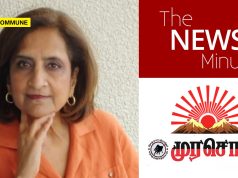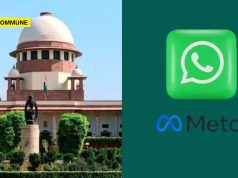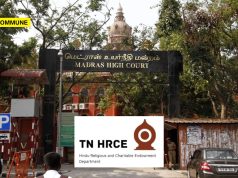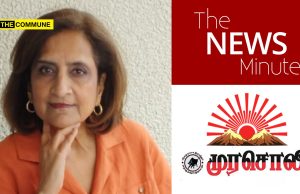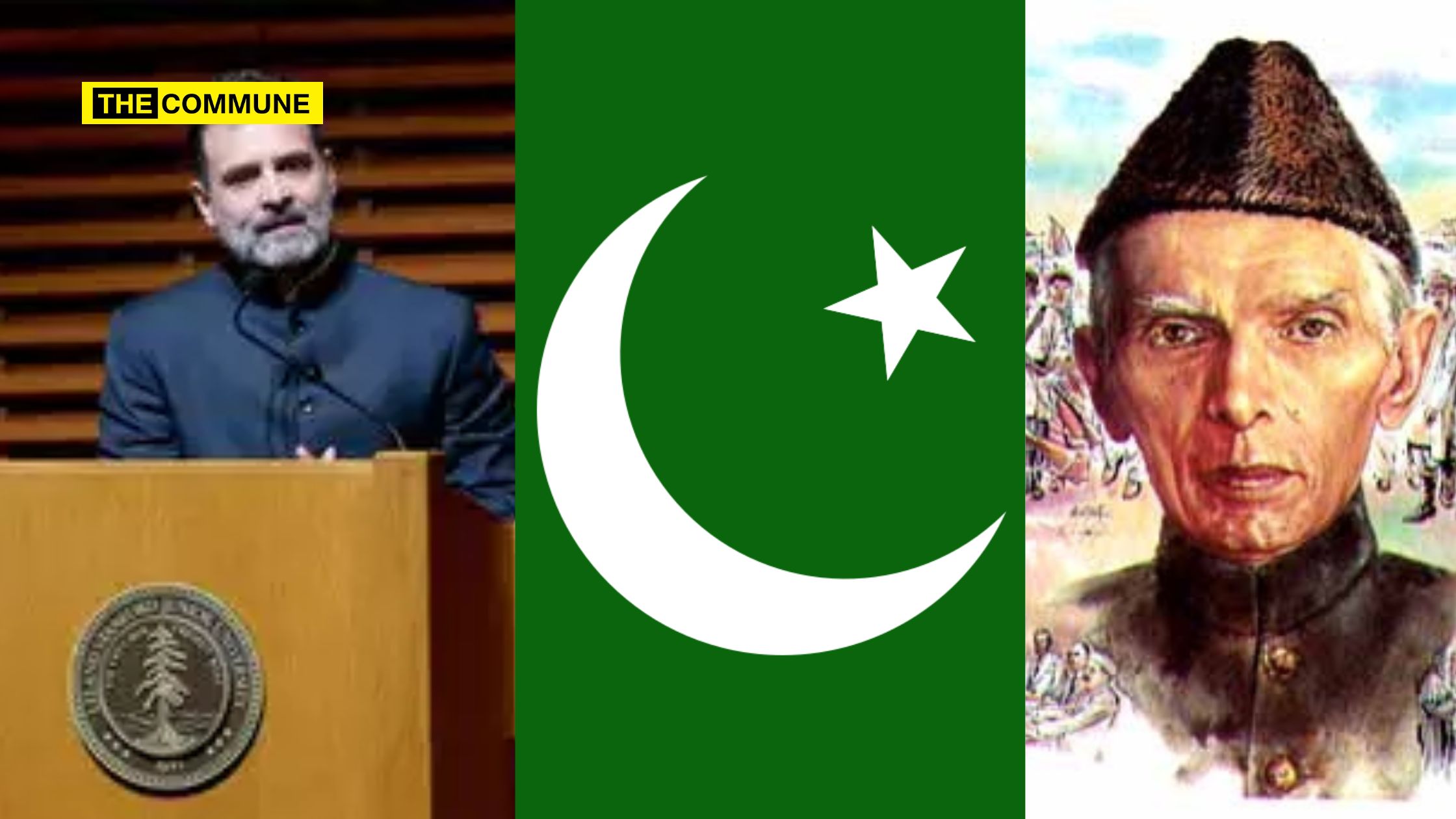
Former Member of Parliament and Congress leader Rahul Gandhi is on a three-city tour in the US. As a part of the tour, he engaged in a wide-ranging interaction at the National Press Club in Washington on 1 June 2023. During the session, he addressed various subjects, including opposition unity, religious freedoms in India, concerns of minority communities, and the state of the economy. In a conversation with the interviewer, he made a controversial statement regarding the Muslim League, a Muslim political party in India that played a significant role in the partition of the country along religious lines. Despite its historical implications, Gandhi asserted that the Muslim League was “completely secular.”
When questioned about the Congress party’s alliance with the Muslim League in Kerala, where Gandhi himself served as an MP, he responded, “Muslim League is a completely secular party, there is nothing non-secular about the Muslim League. I think the person has not studied the Muslim League.” This exchange has sparked debate due to the contentious nature of Gandhi’s claim.
Jinnah’s Muslim League, the party responsible for India’s partition, on religious lines, according to Rahul Gandhi is a ‘secular’ party.
Rahul Gandhi, though poorly read, is simply being disingenuous and sinister here…
It is also his compulsion to remain acceptable in Wayanad. pic.twitter.com/sHVqjcGYLb
— Amit Malviya (@amitmalviya) June 1, 2023
It is worth noting the historical background of the Indian Union Muslim League (IUML), which claims to have been established after India gained independence in 1948. In reality, the IUML is an offshoot of the All India Muslim League (AIML), founded by Mohammad Ali Jinnah, the driving force behind the creation of Pakistan. The AIML advocated for a separate Muslim-majority nation-state, resulting in the partition of British India in 1947. The IUML’s formation was intended to carry forward the legacy of the AIML.
The founder President of the IUML, Muhammad Ismail, actively participated in the partition movement and supported the creation of Pakistan. Interestingly, Ismail, who claimed the IUML was a secular organization, even advocated for the retention of Sharia law for Indian Muslims in the Constituent Assembly after India’s independence.
The IUML has a history of indulging in communal politics and has been implicated in communal incidents in Kerala. For instance, the party was found to be involved in the planning and execution of the Marad massacre in 2003, as confirmed by the report of the Justice Thomas P Joseph Commission, which declared it a “clear communal conspiracy.” In 2017, the Central Bureau of Investigation (CBI) registered a fresh FIR in connection with the riots and named IUML leaders as accused of funding, conspiring, and carrying out the violence.
Gandhi’s characterization of the Muslim League as “secular” has drawn criticism, especially in contrast to his criticism of the BJP as a “Hindu party” and divisive. The BJP, while advocating for the welfare of Hindus, has emphasized the principle of inclusive development for all citizens. In contrast, Congress has faced accusations of pandering to terrorist organizations for the sake of appeasing its Muslim vote bank. The BJP has taken action against organizations such as the Popular Front of India (PFI), which has been involved in violence against Hindus and had plans to turn India into a Sharia state.
By calling the Muslim League “secular,” despite its history of communal violence and divisive politics, while berating the BJP as divisive, Rahul Gandhi has ignited a debate surrounding his party’s alliances and its stance on secularism. However, he has not provided substantial evidence to support his claim that the BJP generates hatred in society.
Click here to subscribe to The Commune on Telegram and get the best stories of the day delivered to you personally.

